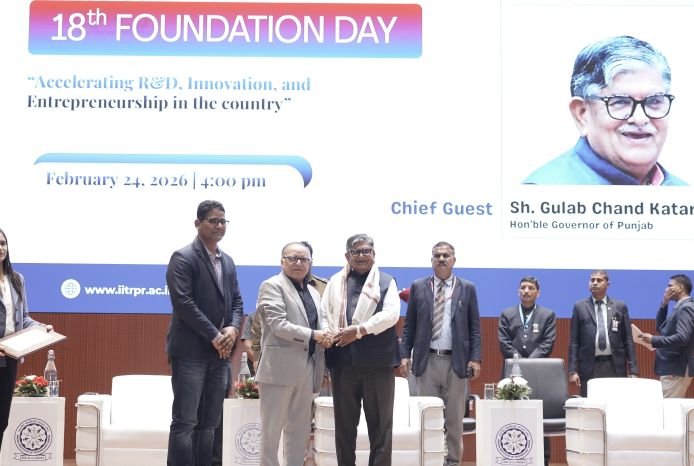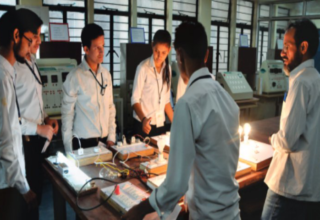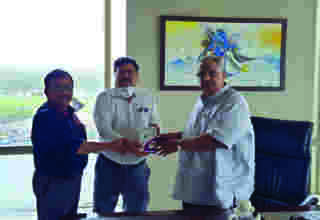
Centre for Nano and Soft Matter Sciences (CeNS), Bangalore, an autonomous institute of the Department of Science and Technology (DST), have come up with a recipe for making face masks, termed as TriboE Mask, that can hold electric charges to restrict the entry of infections but interestingly, without any external power.

The innovation by Dr. PralaySantra, Dr. Ashutosh Singh, and Prof. Giridhar U. Kulkarni relies on electrostatics. When two non-conducting layers are rubbed against each other, the layers develop positive and negative charges instantly and continue to hold the charges for some time. They have used this electric field, quite strong at proximity, to deactivate or possibly even kill the germs.
The mask is three-layered –a layer of nylon cloth sandwiched between polypropylene layers, the latter sourced from commonly used non woven grocery bags. In place of nylon, silk fabric from an old saree or shawl may also be cut and used. When layers are rubbed against each other, the outer layers develop negative charges, while nylon will hold the positive charges. This will act as double electric wall protection against the infectious entities crossing. As the mask is made out of commonly available fabrics, it can be washed just like any other cloth and can be reused. At this stage, the mask is, however, not recommended to healthcare professionals and patients.
“We have borrowed ideas from physics textbooks on triboelectricity; something kids enjoy playing with. When used in the context of a face mask, the idea can translate into a product, realisable by the end-user without the need of industry developing or manufacturing it. The mask is inexpensive and doable by anyone!” Prof. Kulkarni said. He added that tests on these masks are being performed, particularly in the context of COVID 19.








